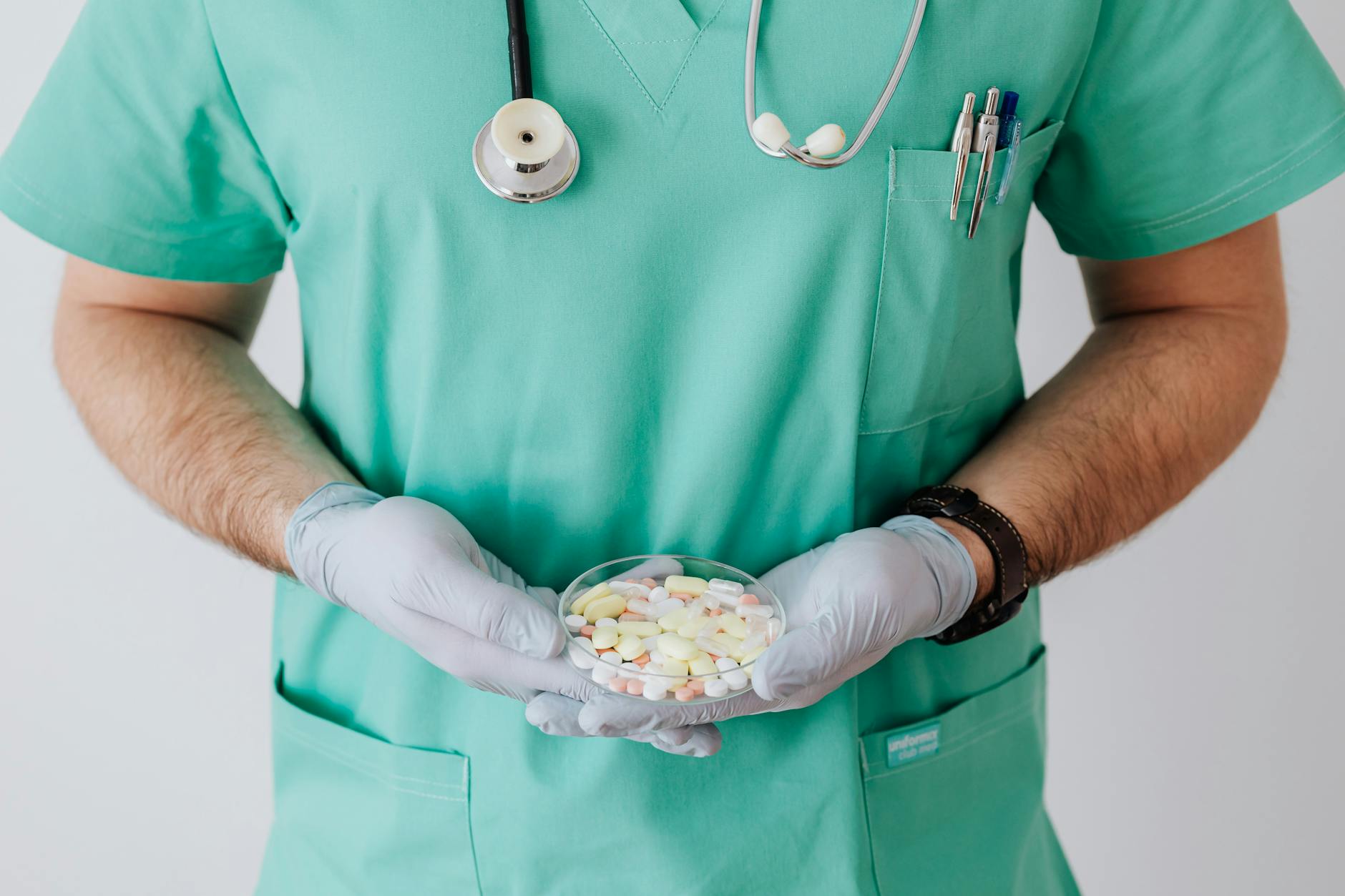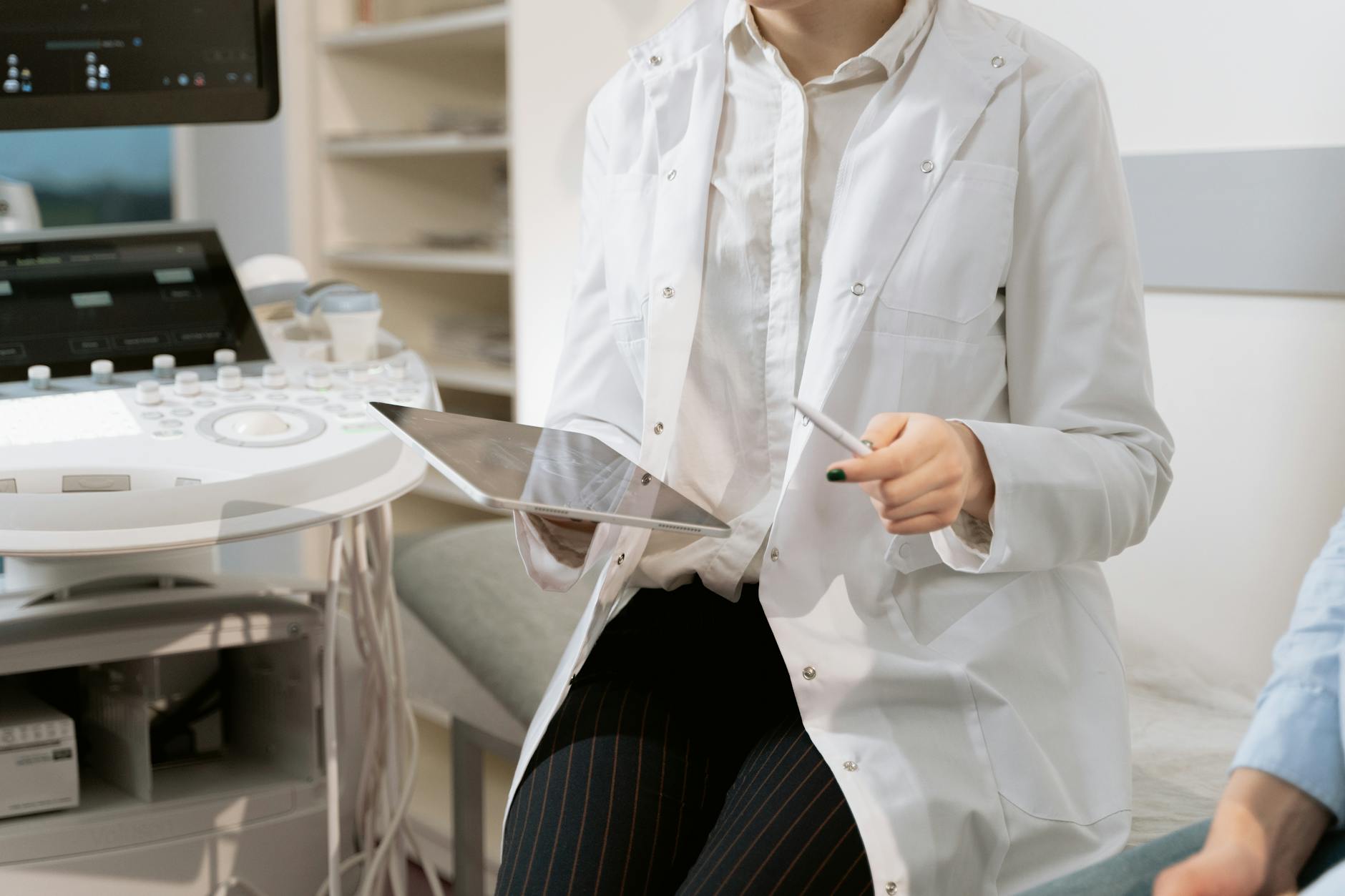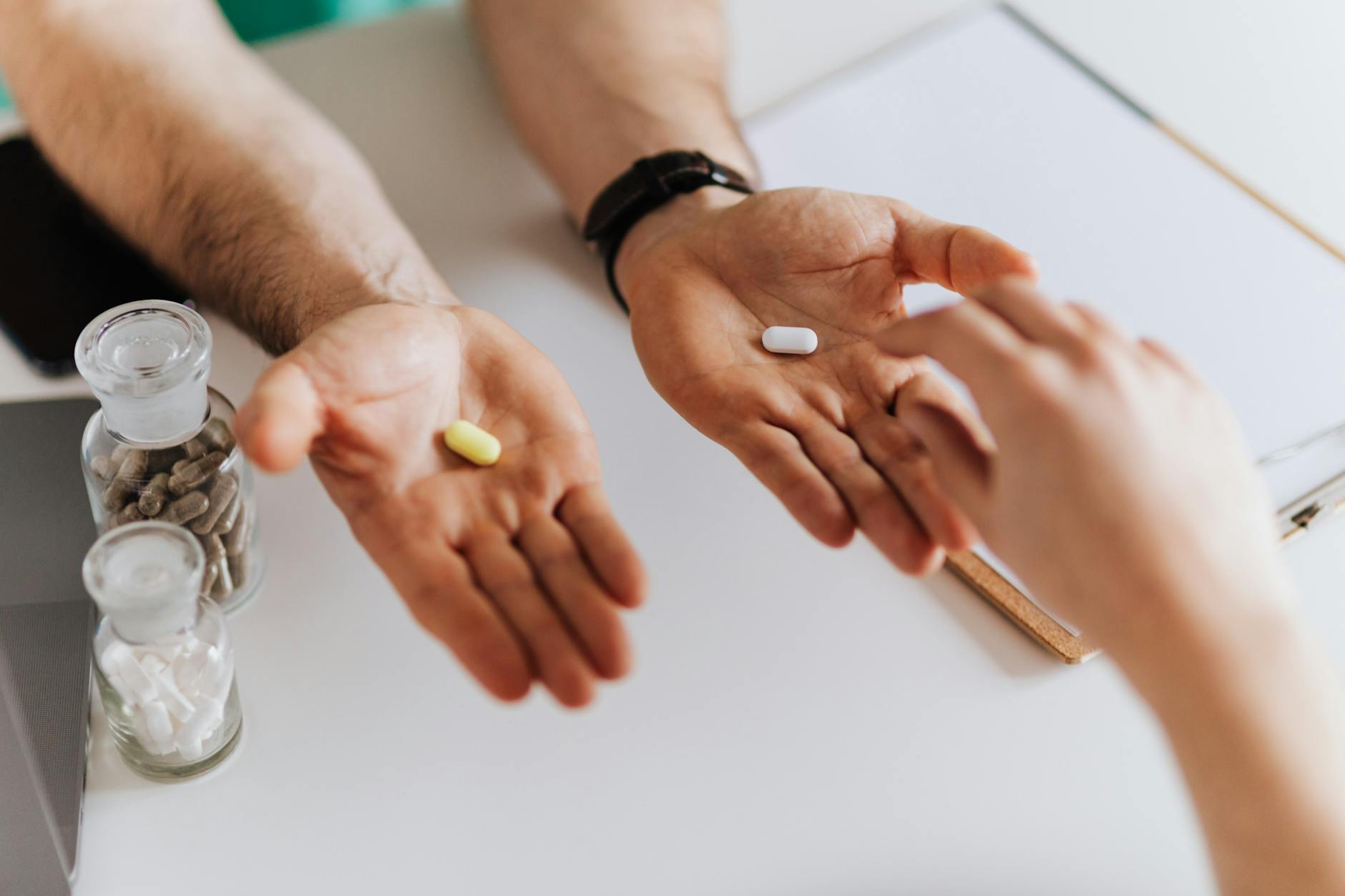
As a General Practitioner (GP), navigating through a global pandemic is both a daunting challenge and a profound responsibility. Our role in such times extends beyond routine patient care to becoming pillars of support, education, and frontline defense against the spread of disease. Let me share with you the various facets of our duties during these critical periods.
Initial Response and Triage
When the first signs of a pandemic emerge, swift action is crucial. My initial response involves triaging patients effectively to identify those with potential symptoms of the disease. This means setting up protocols for screening, isolating suspected cases, and ensuring that the clinic is equipped with the necessary protective gear. According to the World Health Organization (WHO), early detection and isolation are key to controlling the spread of the virus.
Patient Education and Communication
One of the most significant roles we play is educating our patients. In a pandemic, misinformation can spread rapidly. It is my duty to provide accurate, up-to-date information about the disease, its transmission, and preventive measures. This includes advising on hand hygiene, mask usage, and social distancing. Effective communication helps alleviate panic and ensures that patients are well-informed. The Centers for Disease Control and Prevention (CDC) highlights the importance of clear communication during health crises.

Managing Suspected Cases
When patients present with symptoms that could indicate infection, I conduct thorough assessments. This includes taking a detailed history, performing a physical examination, and ordering relevant tests such as PCR swabs. Once a suspected case is identified, I provide guidance on self-isolation, monitor their condition, and arrange for further care if needed. This careful management is crucial in preventing the spread within the community.
Coordinating Care and Referrals
During a pandemic, the healthcare system can become overwhelmed. As a GP, I coordinate with hospitals and specialists to ensure that patients receive the care they need. This might involve referring severe cases to hospitals, arranging for home care for mild cases, and ensuring that follow-up care is provided. Efficient coordination helps optimize resources and provides continuity of care.
Supporting Mental Health
A global pandemic brings with it a surge in anxiety, stress, and mental health issues. Patients may experience fear for their health, worry about loved ones, and face the stress of social isolation. Part of my role is to support the mental well-being of my patients. This includes offering counseling, providing resources for mental health support, and sometimes just being there to listen. According to the National Institute of Mental Health (NIMH), mental health care is a critical component of pandemic response.
Vaccination and Immunization
When vaccines become available, GPs play a vital role in their administration. This involves educating patients about the importance and safety of vaccines, managing the logistics of vaccine storage and distribution, and administering the vaccines. It’s a monumental task but one that is essential for ending the pandemic. Encouraging vaccination uptake is part of our duty to protect public health.
Continuing Routine Care
Even during a pandemic, patients still need care for other health issues. Managing chronic diseases, performing routine check-ups, and addressing non-pandemic-related illnesses are all part of our ongoing responsibilities. Balancing these needs with pandemic response requires careful planning and often innovative solutions such as telemedicine.

Staying Informed and Adapting
The nature of a pandemic means that information and guidelines can change rapidly. As a GP, it is crucial to stay informed through reliable sources such as the WHO and CDC. Adapting to new information and changing protocols accordingly ensures that the care provided is based on the latest evidence and best practices.
Personal Resilience and Self-Care
Amid the chaos, it’s important for us as healthcare providers to take care of ourselves. The stress of dealing with a pandemic can lead to burnout, so self-care becomes essential. This includes taking breaks, seeking support from colleagues, and ensuring that we are mentally and physically healthy. A healthy GP is better equipped to care for patients effectively.
Community Leadership and Advocacy
GPs often serve as leaders within their communities. During a pandemic, this role expands to advocating for public health measures, supporting local health initiatives, and working with community leaders to ensure a coordinated response. Being a trusted source of information and guidance is part of this leadership.
Reflecting on the Journey
Navigating through a global pandemic as a General Practitioner is a journey filled with challenges, learning, and resilience. The role we play is multifaceted, encompassing clinical care, patient education, mental health support, and community leadership. It’s a demanding but deeply rewarding experience, knowing that our efforts contribute significantly to the health and well-being of our patients and the wider community.
For more detailed guidelines and updates on handling pandemics, you can refer to the World Health Organization (WHO) and the Centers for Disease Control and Prevention (CDC). These resources offer comprehensive information on best practices and the latest developments in managing global health crises.
